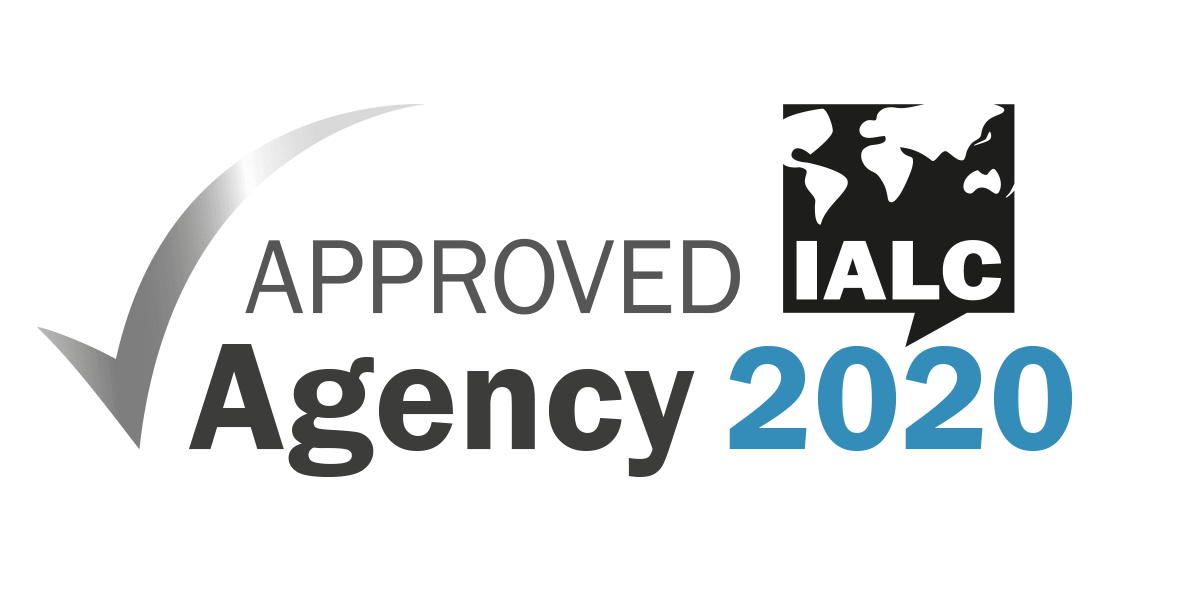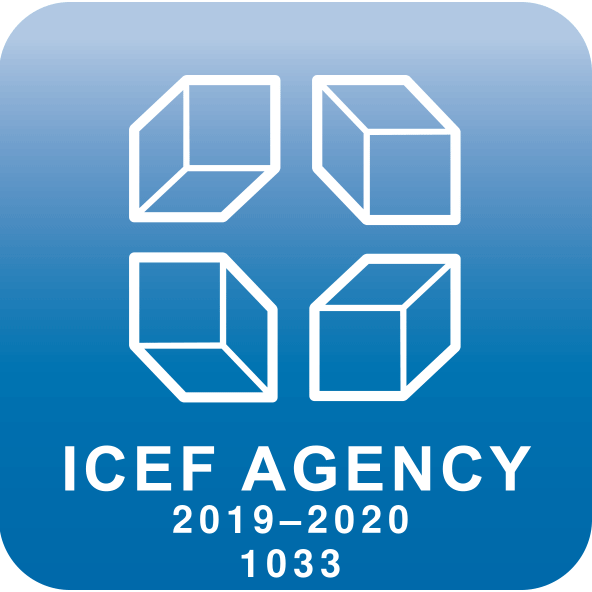In an increasingly interconnected world, healthcare professionals are often called to work across borders, delivering care in diverse cultural and regulatory environments. Although the Health Insurance Portability and Accountability Act (HIPAA) is primarily a U.S.-centric regulation, its focus on patient privacy and data security resonates within global healthcare settings. The principles of HIPAA are widely applicable, influencing international standards for handling patient information and setting the stage for best practices in healthcare around the globe.
Mastering HIPAA compliance not only enhances ethical standards but also provides a competitive edge for healthcare professionals aiming for global careers. Understanding HIPAA’s importance can impact your ability to work in cross-border settings, opening doors to international opportunities. But how exactly can HIPAA compliance shape your future career in global healthcare?
Why HIPAA Compliance is Essential for All Healthcare Professionals
HIPAA, enacted in 1996, established national standards for the protection of patient health information in the United States. However, its core principles—protecting patient privacy, ensuring the security of health data, and enabling the portability of health insurance—have become relevant beyond the borders of the U.S. as healthcare systems worldwide move toward tighter regulations on patient data protection.
HIPAA’s Core Principles and Global Relevance
HIPAA’s key principles—privacy, security, and the portability of patient health information—align with global healthcare values. Even though it’s U.S.-based, these principles mirror the core tenets of other international healthcare regulations such as the General Data Protection Regulation (GDPR) in Europe or the Personal Information Protection and Electronic Documents Act (PIPEDA) in Canada. The convergence of these regulations highlights a shared global priority for patient confidentiality, making HIPAA an essential framework for healthcare professionals no matter where they practice.
Understanding HIPAA offers healthcare workers a fundamental grasp of privacy standards that are increasingly universal. When moving to an international healthcare setting, you will find that HIPAA compliance has laid the groundwork for interpreting and adhering to other privacy regulations. Thus, knowledge of HIPAA is an asset in global healthcare roles where privacy and security of patient information are critical.
Why HIPAA is a Professional Benchmark in Healthcare
HIPAA compliance has emerged as a professional benchmark, symbolizing a commitment to patient care and data protection. Healthcare professionals who are proficient in HIPAA are seen as individuals who prioritize ethical responsibilities and patient safety.
Moreover, as healthcare systems worldwide become more interconnected through telemedicine, medical tourism, and international collaborations, HIPAA-compliant professionals are often more attractive to employers. In global healthcare careers, where patient information frequently crosses borders, mastering HIPAA can provide a unique advantage. Compliance demonstrates an ability to manage sensitive health data responsibly, which is a valued skill in the increasingly digitalized global healthcare industry.
How HIPAA Compliance Can Boost Your Career Prospects in Global Healthcare
Achieving HIPAA compliance isn’t just about staying on the right side of the law; it also brings a host of career benefits that extend beyond U.S. borders. As healthcare continues to globalize, compliance with regulations like HIPAA signals a dedication to best practices in patient care and data security, which are highly sought after in international healthcare roles.
HIPAA as a Competitive Advantage for Job Seekers
For job seekers in healthcare, especially those aiming for international roles, being knowledgeable about HIPAA provides a distinct advantage. Employers worldwide value candidates who are trained in rigorous data protection standards, as patient data security has become a major focus across healthcare systems.
Specific career paths such as telemedicine, healthcare IT, international healthcare programs, and medical administration often emphasize the need for HIPAA compliance. For instance, telemedicine platforms dealing with patients across different countries must ensure that data protection laws like HIPAA are followed, making healthcare professionals with compliance expertise indispensable.
Building Trust with Employers and Patients
A healthcare professional who is HIPAA-compliant is better positioned to build trust with both employers and patients. Employers are assured that you understand how to handle patient data securely and are committed to ethical practices. For patients, knowing that their healthcare provider is HIPAA-compliant instills confidence that their personal health information will be protected.
In a global healthcare environment, trust is crucial. The ability to manage patient data with care and transparency boosts your professional reputation and enhances the overall quality of care you provide. This trust can translate into improved patient outcomes, higher patient retention rates, and increased professional opportunities within healthcare institutions worldwide.
The Globalization of Healthcare and the Increasing Role of Compliance
The globalization of healthcare has introduced new complexities regarding patient privacy and data protection. As medical tourism, cross-border patient care, and international telemedicine continue to expand, the need for universal compliance standards has grown. Healthcare professionals who are adept in HIPAA are better equipped to navigate these complexities and are more likely to excel in international roles.
The Cross-Border Nature of Patient Data
One of the primary challenges of globalization in healthcare is the cross-border transfer of patient data. Whether through telemedicine consultations, medical tourism, or international research collaborations, patient data now frequently travels across national borders. Healthcare professionals must navigate a patchwork of privacy laws, such as GDPR or PIPEDA, in addition to HIPAA.
Understanding HIPAA compliance principles prepares healthcare workers to handle these situations with expertise. Knowing how to apply U.S.-centric HIPAA guidelines while also adapting to local regulations ensures that patient data remains secure no matter where it’s transferred.
International Telemedicine and Healthcare Collaboration
Telemedicine is a growing field that allows healthcare professionals to treat patients remotely, often crossing international boundaries. HIPAA compliance plays a key role in maintaining the confidentiality and security of patient data in telemedicine platforms. Healthcare professionals who are proficient in both HIPAA and international regulations can spearhead global telemedicine programs, ensuring that patient data is protected regardless of location.
Additionally, international collaborations in healthcare research or patient care also demand a deep understanding of compliance regulations. With HIPAA forming the backbone of these initiatives, professionals with compliance expertise are essential to facilitating safe and legal data exchanges between institutions.
Practical Steps for Maintaining HIPAA Compliance in Global Healthcare Roles
Remaining HIPAA-compliant while working in global healthcare roles requires ongoing education and practical strategies. Healthcare professionals can stay up to date with compliance regulations by accessing training resources, implementing data protection best practices, and familiarizing themselves with international regulations.
Accessing HIPAA and International Compliance Training
One of the most effective ways to ensure HIPAA compliance is through continuous education. Many institutions offer online HIPAA training programs tailored to healthcare professionals, which provide certifications that help demonstrate expertise in compliance. Additionally, training programs focused on international regulations, such as GDPR, can further broaden a healthcare professional’s scope, making them valuable in global roles.
Protecting Patient Data in a Global Setting
Healthcare professionals working in global roles must be vigilant in protecting patient data. Best practices include using encrypted communication tools, securing electronic devices, and ensuring that any cloud storage systems comply with HIPAA and local regulations. Additionally, maintaining awareness of the various data protection laws that exist in different countries will ensure that healthcare professionals are compliant no matter where they practice.
Why HIPAA Compliance is Critical for Long-Term Success in Global Healthcare
HIPAA compliance is more than a short-term necessity—it’s a long-term career strategy. As healthcare regulations continue to evolve, professionals who are skilled in compliance will find themselves well-positioned for leadership opportunities within global healthcare organizations.
HIPAA and Career Advancement
Understanding HIPAA can open doors to advanced career opportunities. Positions in healthcare administration, compliance officer roles, or leadership in international healthcare organizations often require a deep understanding of compliance regulations. Professionals who are able to navigate both HIPAA and global healthcare regulations will have a distinct advantage when pursuing these roles.
The Future of Healthcare Regulation and Compliance
The future of healthcare will likely involve more stringent regulations around data protection, driven by digitalization, artificial intelligence, and the increasing global flow of patient data. Healthcare professionals who stay ahead of these trends, by maintaining HIPAA compliance and staying informed about global regulations, will ensure that their careers remain resilient in the face of ongoing changes.
Conclusion
In a rapidly globalizing healthcare landscape, HIPAA compliance is more than just a regulatory obligation; it’s a key to unlocking future career opportunities. Mastering HIPAA demonstrates a commitment to patient privacy and ethical practice, values that transcend borders and enhance your reputation as a global healthcare professional. By staying compliant, you’re not only protecting your patients but also setting yourself up for long-term success in the global healthcare arena. Take the initiative today—your future career in global healthcare depends on it.




